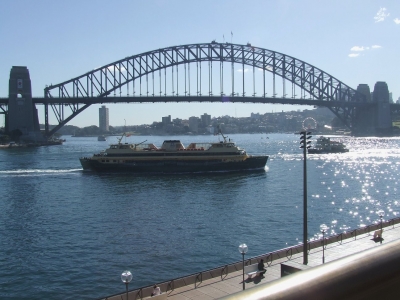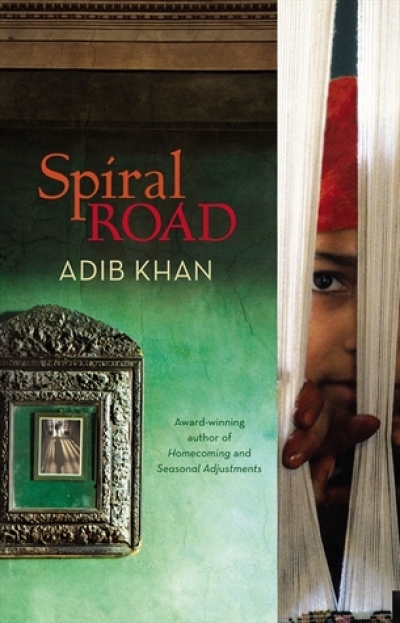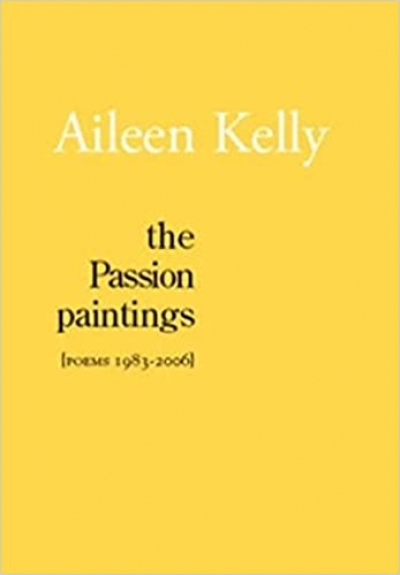Archive
Dear Elizabeth,
Well, it seems our long correspondence is over. Actually it ended some years ago, didn’t it? Your last letter to me is dated Christmas Eve 2001. I continued writing to you into the following year, not immediately realising you were unable to reply, even though your later letters spoke of confusion and of unaccountably getting lost in familiar streets.
... (read more)In the clear light of a cloudy summer morning
The idiot boy, holding his father’s hand,
Comes by me on the Quay where I sit writing.
His father spots me looking up, and I don’t want
To look as if I wished I hadn’t, so
Instead of turning straight back to my books
I look around, thus making it a general thing
That I do every so often –
To watch the ferries, to check out the crowd.
So there he was in the library, crouched above the floor
like a mousetrap, squinting into his rickety parallel edition
of the Satires. The paperback was from the late fifties;
An Australian Republic by Greg Barnes and Anna Krawec-Wheaton
An earlier version of this history of Victoria first appeared in 1984 as Our Side of the Country. Though for the past sixteen years Sydney-born politicians Paul Keating and John Howard have usurped Victoria’s former almost constant ‘top position’ in Canberra, the possessive pride reflected in that early title still runs through this modern version ...
... (read more)








